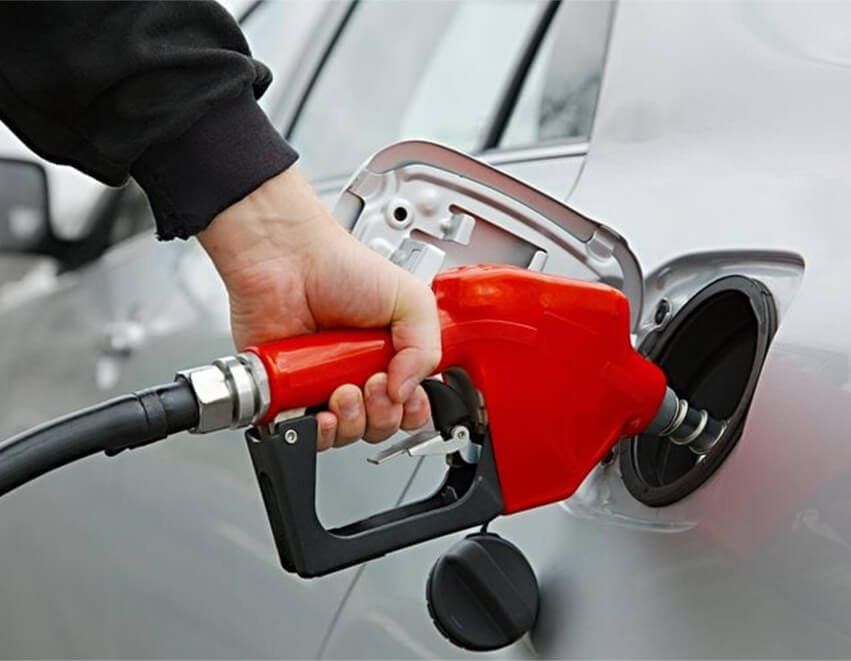Are you managing a construction site, a farm, a fleet of vehicles, or a marine facility? Then that means you understand how important it is to select the right fuel transfer pump. The quality of the fuel transfer pump you use has a direct impact on the efficiency, safety, and overall effectiveness of fuel transfer […]
Are you managing a construction site, a farm, a fleet of vehicles, or a marine facility?
Then that means you understand how important it is to select the right fuel transfer pump. The quality of the fuel transfer pump you use has a direct impact on the efficiency, safety, and overall effectiveness of fuel transfer operations.
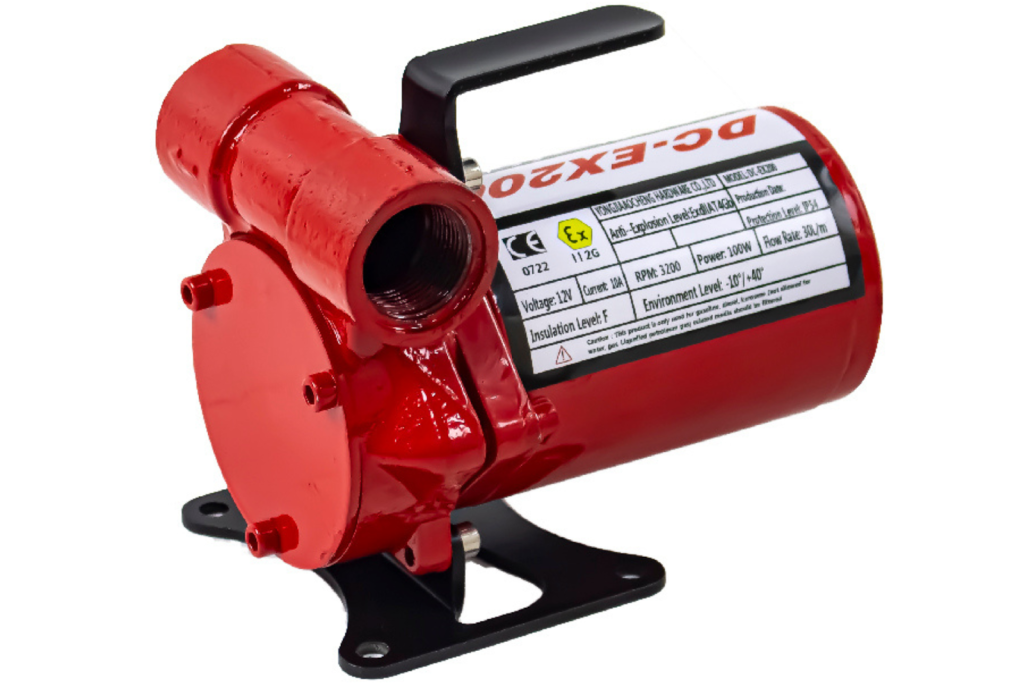
Before delving into the technical details of fuel transfer pumps, you need to know your specific requirements. These factors are also critical:
For instance, a small-scale farm may have different needs compared to a large construction site, and a marine application may present unique challenges.
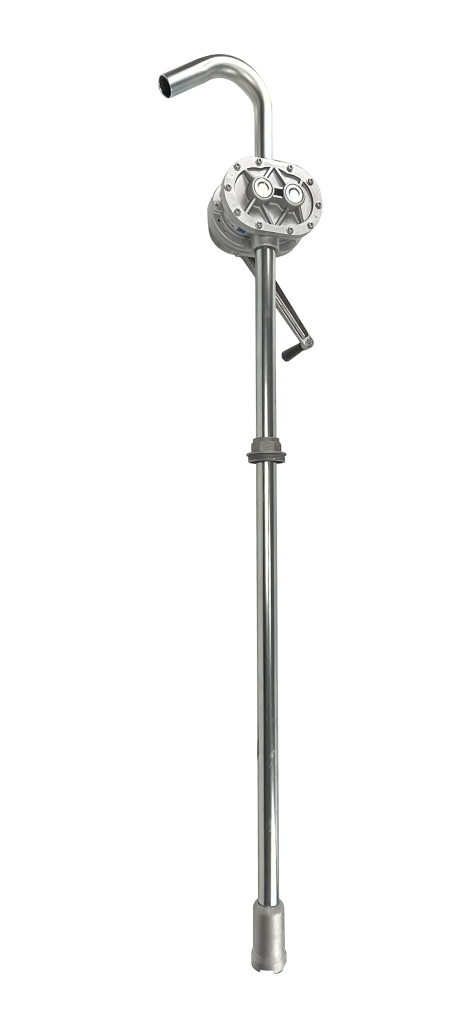
These pumps are manually operated and are often used for small-scale applications or emergencies. They are cost-effective and easy to use. However, they may not be suitable for high-volume transfers.
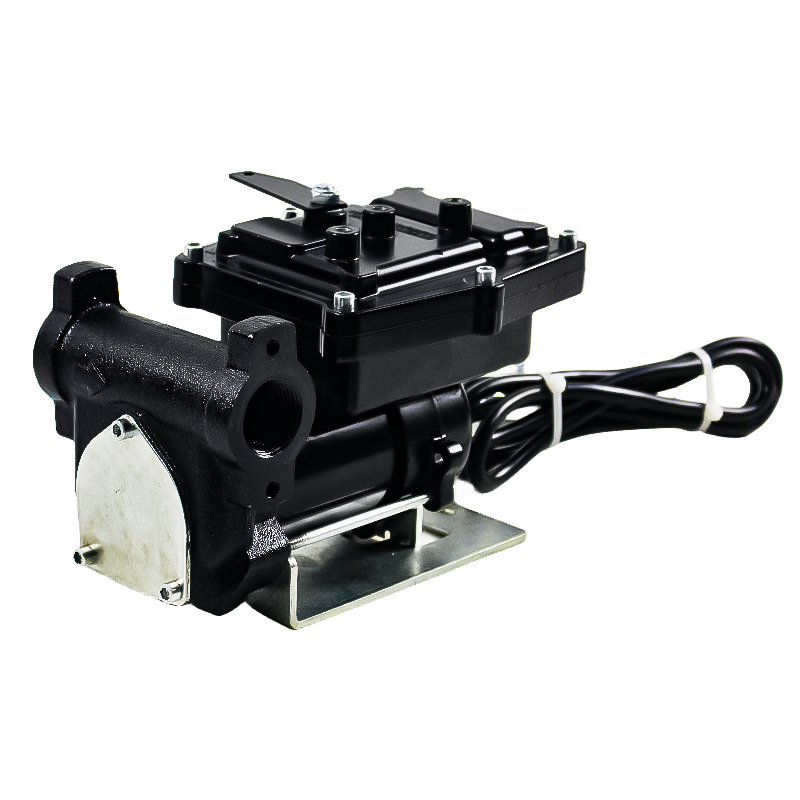
Electric pumps are widely used for both small and large-scale applications. They are available in various models designed for different flow rates and fuel types. However, they require a power source, which may limit their use in remote locations.
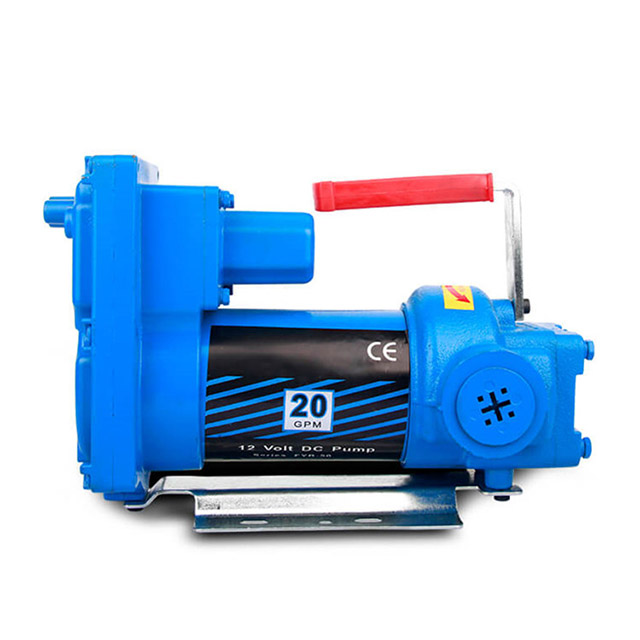
These pumps are ideal for situations where a power source is not readily available. They are commonly used in outdoor settings and for transferring fuel to vehicles in remote locations.
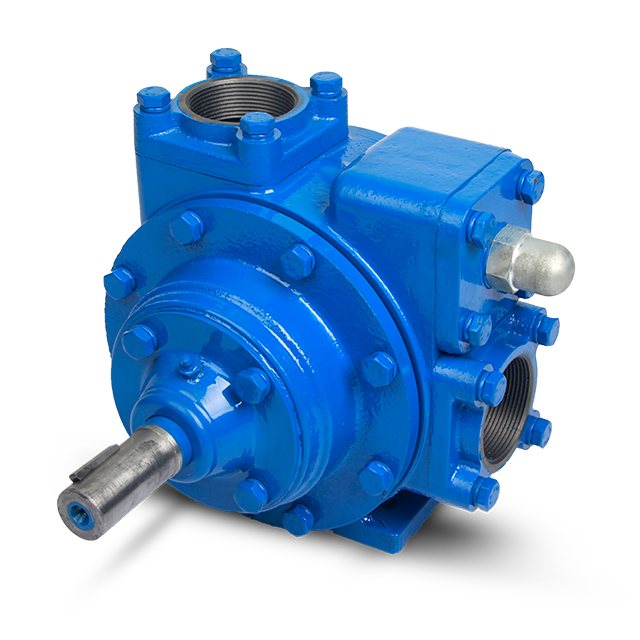
Specifically designed for diesel fuel, these pumps are equipped to handle the unique properties of diesel, such as its viscosity. They are commonly used in agriculture, construction, and fleet management.
Submersible pumps are designed to be submerged in the fuel tank, providing a space-saving and efficient solution. They are commonly used in vehicles and boats where space is limited.
Centrifugal pumps are known for their high flow rates. They are the perfect options if you need to transfer large volumes of fuel quickly. They are commonly used in industrial settings where efficiency is crucial.
Different fuels have different properties, and it is essential to choose a pump that is compatible with the type of fuel you are transferring. Gasoline, diesel, and other fuels may require pumps with specific materials and design features to ensure safe and efficient transfer.
Another factor to consider is the flow rate—it determines how quickly it can transfer fuel.
Choose a pump with a flow rate that’s right for your operations. But remember to keep it balanced. A pump with too high a flow rate for your application may lead to issues such as spills or overloading the receiving tank.
Also, consider the availability of power in your operating environment. If you have access to electricity, you can use electric pumps. If not, battery-powered pumps are your best choice.
Hand-operated pumps are an option for small-scale applications but may not be practical for high-volume transfers. If your operation involves moving the pump frequently, consider the portability of the pump.
Look for pumps with safety features such as automatic shut-off valves, thermal overload protection, and grounding capabilities to minimize the risk of accidents.
Evaluate your budget and weigh it against the features and capabilities you require. While it may be tempting to opt for the most affordable option, it’s essential to strike a balance between cost and the pump’s ability to effectively meet your specific needs.
In agricultural settings, diesel transfer pumps are commonly used for refueling tractors and other machinery. Battery-powered or electric pumps with moderate flow rates are often suitable for farm applications.
Construction sites often require high-volume transfers of diesel or gasoline. Centrifugal pumps with high flow rates and electric power sources are commonly used in construction applications.
Marine applications, such as refueling boats, require durable and corrosion-resistant pumps. Submersible or diesel transfer pumps designed for marine use suit these environments.
For managing a fleet of vehicles, electric or battery-powered pumps with a moderate flow rate are often sufficient. Consider the convenience of electric pumps if the vehicles can be fueled in a location with access to power.
Hand-operated pumps or battery-powered pumps are ideal for emergencies where power sources may be limited. These pumps provide a reliable solution for transferring fuel in critical scenarios.
Choosing the right fuel transfer pump is a critical decision that directly impacts the efficiency and safety of your operations. It ensures a smooth and reliable fuel transfer process and contributes to the overall success of your operations.
Looking for quality yet affordable fuel transfer pumps? We can help.
Aocheng has been delivering premium fuel transfer pumps for over 40 years to over 20 countries. Visit our website to check out our fuel transfer pumps or contact us for more information.




